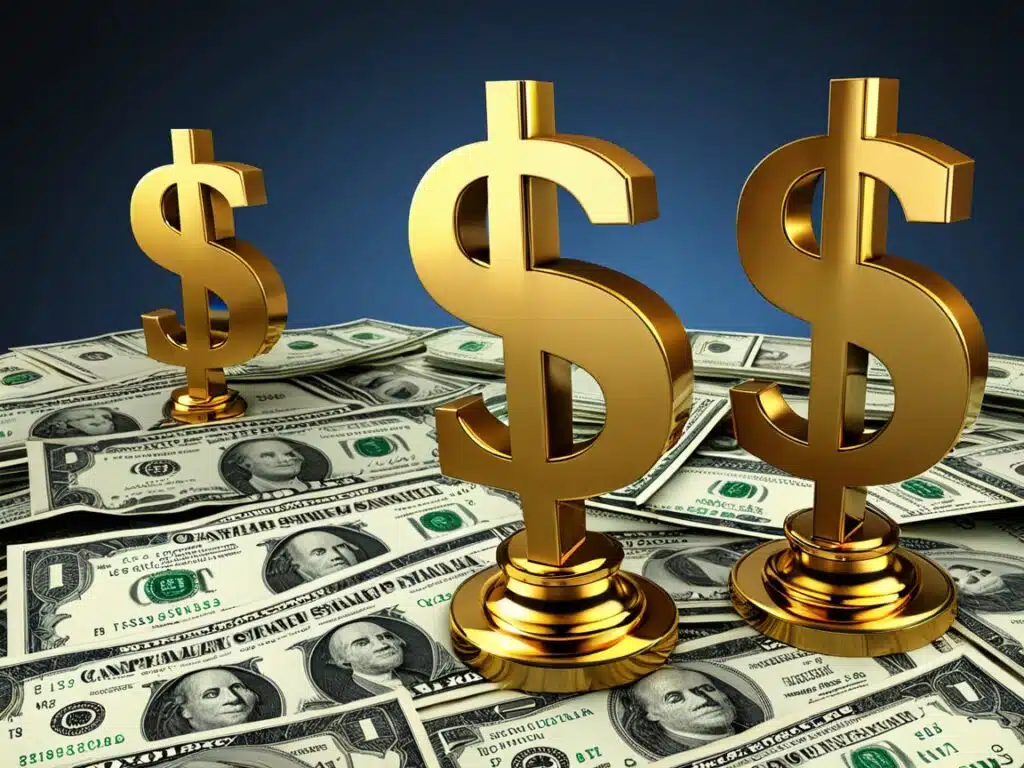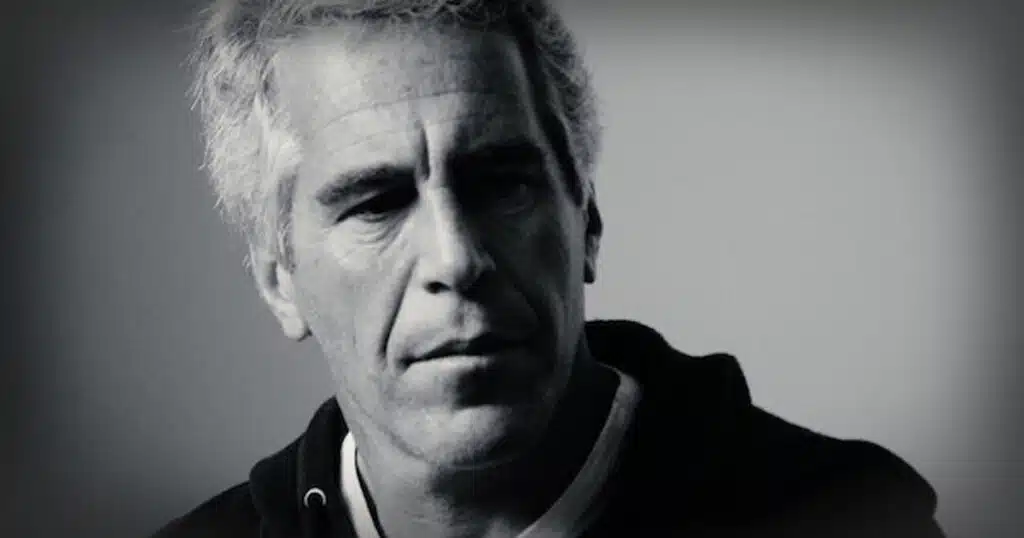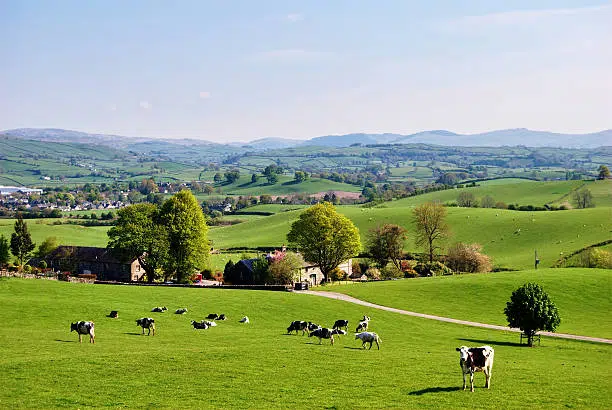
From Republic to Plutocracy: How Economic Elites Are Opening the Door to Destructive Socialism
For over two centuries, the United States has stood as a beacon of liberty, opportunity, and free enterprise. We are a constitutional republic powered by the underlying dynamics of capitalism. But over the past few decades, a quiet transformation has been underway, one that threatens both our democratic institutions and the capitalist system that made this country great.
We are witnessing a slow slide into plutocracy, which is rule by the wealthy. In the shadow of this imbalance, socialist populists like Zohran Mamdani are finding fertile ground to sell their snake oil and the promise of a better system to those who have been indoctrinated into a culture of helplessness. But the “solutions” from people like Mamdani and Bernie Sanders don’t fix capitalism, they infect it, quietly replacing market competition with state control and individual liberty with collective coercion.
Big Money Rules
While America has always had wealthy citizens, it is only in recent decades that wealth has translated so directly into political power. The 2010 Supreme Court decision Citizens United v. FEC unleashed a tidal wave of money into politics by allowing unlimited independent political expenditures. In the years since, billionaire donors from all ideological angles have bankrolled campaigns, shaped narratives, and, most dangerously, influenced policy agendas behind closed doors.
Today, lobbying is a multibillion-dollar industry. Corporations and wealthy interest groups write legislation, fund think tanks, and hold sway over regulatory agencies. This has resulted in laws and policies that shield monopolies, create favorable tax loopholes for the elite, and burden small businesses with red tape. It’s not capitalism in its truest form, instead, it’s cronyism masquerading as free enterprise. The playing field is no longer level, and average Americans feel it in their bones even if they don’t fully understand it.
As ordinary citizens see wages stagnate, healthcare costs skyrocket, and home ownership drift further out of reach, their faith in capitalism erodes. Into that breach step charismatic figures with radical solutions like Zohran Mamdani, the Democratic nominee for New York City mayor and a self-described democratic socialist.
Mamdani’s rise is not a fluke. He taps into real frustration, and he speaks the false Marxist language of justice, fairness, and empowerment. His ideas, including public ownership of grocery stores, converting luxury housing into state-managed shelters, and calls to “seize the means of production,” are extraordinarily dangerous. This is rhetoric lifted directly from Marxist theory and repackaged for urban populism. In a nation founded on entrepreneurship and free enterprise, such proposals would once have been politically radioactive. Now they are being treated as serious policy.
Many Americans Feel Abandoned by Capitalism
Why is this happening? Capitalism’s bad rap comes from Americans who feel abandoned by a system that no longer works for them. The concentration of wealth and power in the hands of a small elite has created the perception, often accurate, that government no longer represents the average citizen. Currently, America is ranked #2 in the world in mean (average) income but ranks 21st in median (the middle) income. No other country has such a large gap between mean and median, and it is an indictment of the uneven distribution of wealth in America.
And in that vacuum, radical solutions find traction. While those with a burning desire for financial success will always find a way, the majority of Americans count on the “rising tide lifts all boats” theory. However, when they see the tide rising and they’re not rising with it, they look for alternative solutions.
Democratic socialism presents itself as a softer alternative to communism, one rooted in elections and public consensus. But the reality is far more insidious. These policies often begin by targeting “essential services,” arguing that healthcare, housing, or food should be removed from the profit motive. But over time, this philosophy expands, justifying the nationalization or control of entire sectors of the economy. As the state gains economic power, it inevitably gains political power, and the space for individual freedom begins to shrink.
This is not the path to equity. It is the path to dependency, stagnation, and woke leftist authoritarianism. Today it’s grocery stores, tomorrow it’s plumbing contractors. The voracious appetite of socialists to consume everything in their path is insatiable. As a result, innovation dies, markets collapse under the weight of inefficiency, and the individual is no longer sovereign. They are assimilated by the collective.
How to Fix Modern Capitalism
The antidote to this is not to reject capitalism, but to restore it. We must end regulatory capture and break up monopolies that stifle competition. Antitrust laws must be enforced not just in theory, but in action. The tax code should be reformed to close unjust loopholes, without punishing success or dismantling incentives to work, invest, and take risks. We need to encourage entrepreneurship, expand access to ownership, and make sure public institutions serve all citizens, not just the powerful or connected.
We also need to reclaim the moral argument for capitalism. Too many young people believe that capitalism is exclusively about greed, and while honestly enriching oneself is virtuous, true capitalism is also about voluntary cooperation. That is, individuals freely exchanging value based on mutual benefit. It is the only system that rewards creativity, discipline, and contribution without the need for force or compulsion. It is the only viable platform that allows the poor to gain extraordinary wealth. Capitalism inspires the ambitious and respects the dignity of personal choice.
We must speak out against crony capitalism and a system that provides too much influence for those with billions to spend to get their way. It’s not enough to condemn Mamdani’s policies. We must repair the broken systems that enabled his rise. That means engaging in public discourse, holding politicians accountable, demanding transparency, and whether it’s Elon or Soros, working to reduce the impact billionaires have on the outcome of our elections and our lives.
If we fail to act, socialism will not arrive with a bang. It will slip in quietly through local ordinances, municipal takeovers, and slick slogans until one day, we wake up in a country we no longer recognize. The threat is not abstract. It is real, and it is already here.
Capitalism and democracy are not perfect systems, but they are resilient, self-correcting, and rooted in the principles of creativity and merit. They have given more people more opportunity than any system in human history, and that opportunity must never be stymied or stifled because of the whims of a billionaire or the authoritarian aims of a Marxist.
If the promise of capitalism is extinguished, we don’t just lose an economic model. We lose the essence of America itself.



